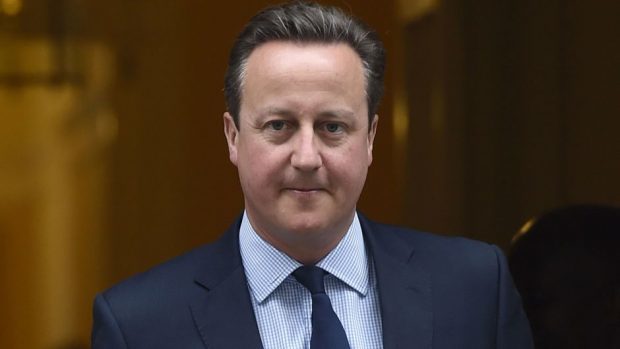David Cameron has warned a vote to leave the European Union would mean less money is available for schemes such as the Aberdeen Western Peripheral Route.
The prime minister said a British exit would end the UK’s membership of the European Investment Bank (EIB).
It has ploughed more than £16billion into UK projects over the past three years.
Among the schemes to have benefited is the Aberdeen bypass through an EIB-backed loan to the tune of £271million, according to Number 10 figures.
In 2014 and 2015, EIB lending in the UK totalled more than £11billion, of which £838million came to Scotland.
Mr Cameron said it was unlikely the UK would be able to find that kind of infrastructure investment from alternative sources.
He added: “Vital projects across every region of the UK have been financed by the EIB.
“These make a huge difference locally, nationally, and sometimes globally.
“Not only would leaving the EU see us wave goodbye to this crucial funding – but, with a smaller economy hit by new trading barriers and job losses, it’s unlikely we’d be able to find that money from alternative sources.
“Infrastructure affects the competitiveness of every business and the prosperity of every family in the country.
“But a leave vote on June 23 risks putting the brakes on the infrastructure investment we need and shifting our economy into reverse.”
The EIB operates outside the EU budget and is financially autonomous.
The UK – its joint-largest shareholder – is a significant beneficiary.
The bank offers long-term investment loans to EU member states on favourable terms and its mission is to support economic growth across Europe.
